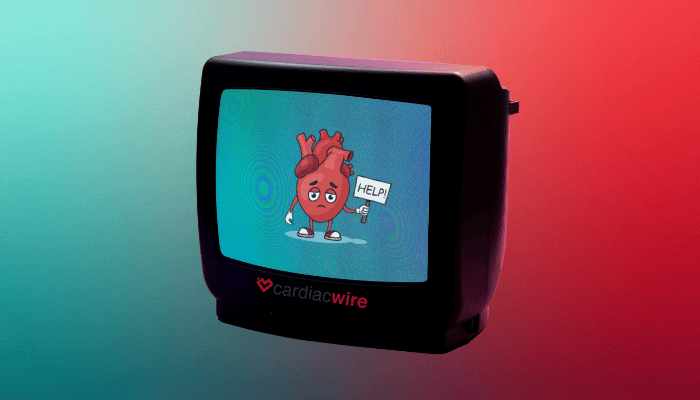Philips took a major step towards automating and expanding access to echo ultrasound exams, acquiring echo AI startup DiA Imaging Analysis.
The companies haven’t issued an official announcement, but social posts and online coverage suggest that they will initially look to leverage Philips’ massive global sales force to accelerate adoption of DiA’s echo AI solutions.
- Most of DiA Imaging Analysis’ nine FDA-approved AI solutions focus on automating echo analysis and reporting, although its latest solution focuses on guiding echo exams.
- Considering that Philips has been one of DiA’s investors for over two years and their products have been integrated for even longer, the companies should have a head start from a product integration/development and sales mobilization perspective.
The acquisition reportedly cost Philips slightly less than $100M, representing a ~4x premium over DiA’s total venture funding ($25M) and perhaps a ~30x premium over DiA’s annual revenue (reportedly “several million dollars”).
DiA Imaging Analysis has a long list of ultrasound and PACS vendor partnerships (e.g. Change, GE, Intelerad, Konica, Merative), although Philips’ previous willingness to allow competitors to use its TomTec solution suggests that it might not make DiA exclusively available through Philips (right away).
The acquisition continues a trend from Philips, which has actively relied on M&A to expand its cardiology business in recent years, acquiring:
- Cardiologs (2021, ECG AI)
- Vesper Medical (2021, peripheral vascular devices)
- Intact Vascular (2020, peripheral vascular devices)
- BioTelemetry (2020, remote cardiac diagnostics & monitoring)
- And more before that…
However, many imaging AI-watchers might be more interested in the ongoing AI consolidation trend, which saw at least nine AI startup acquisitions since early 2022, including two of the leading echo AI players (DiA by Philips, and echo guidance company Caption Health by GE).
Those echo AI acquisitions create an interesting new landscape, with two top echo AI reporting/analysis companies (Us2.ai & Ultromics) and one top echo guidance startup (UltraSight). It wouldn’t be surprising if these companies were suddenly getting more attention from the other ultrasound OEMs.
The Takeaway
With clinical demand far exceeding sonographer supply, it makes sense that cardiac ultrasound OEMs would consider investing in AI that makes their hardware faster and easier to use. It seems that Philips and GE agreed with that logic, and their combined sales presence and customer base could drive a surge in echo AI adoption that might not have been possible if Caption and DiA stayed independent.





